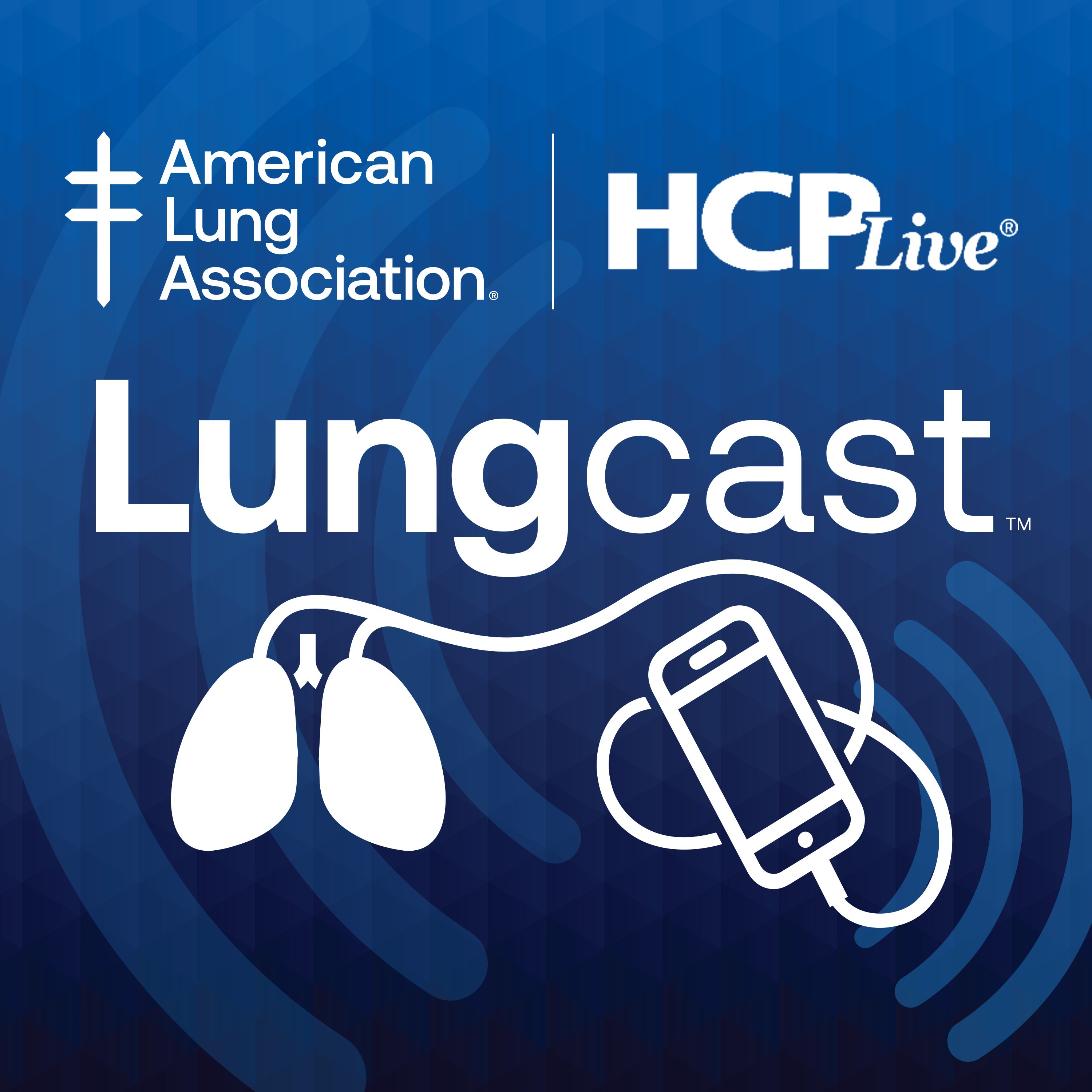Video
Sickle Cell Disease: Unmet Needs and Future Directions in Care
Author(s):
Concluding their discussion on sickle cell disease management, expert panelists share key unmet needs and hopes for the future.
Transcript:
Ifeyinwa Osunkwo, MD: What I’m hearing from you guys is that it’s important to educate your patients, to provide informed tools for them to make an informed decision based on their specific scenario. For our last question, I’m going to ask all of you: sickle cell disease has been around for over 100 years, and we’re still dealing with organ damage, acute exacerbations, quality-of-life issues, fatigue, difficulty finding a mate, difficulty finding work. What are your concerns around health equity and access to care that are persistent? What would be the 1 thing that if you could fix about sickle cell disease if you had a magic wand or a genie bottle? I’m going to have Dr Desai start, then Dr Shah and Dr Smith.
Payal Desai, MD: I’m going to make the first wish. It’s to get every patient connected to some care—having somebody who will care and talk about these things, to say “I don’t know” sometimes and walk through life with them. We’ve talked about how complicated it is; they can’t do it by themselves. Everybody needs that advocate, they need the person that understands the disease. Even if they don’t understand, they’re willing to take that extra step. I wish everybody had a place that they could be connected to care.
Ifeyinwa Osunkwo, MD: Excellent. Dr Shah, what’s your 1 wish from the genie bottle or magic wand?
Nirmish Ramesh Shah, MD: For wish No. 2, I have a 2A and 2B; they’re connected. The 2A is a big shift in mindset about therapies, from being reactive to prophylactic. We have drugs that are reactive because they’re anemic or because they have pain. But why do they have to be anemic or in pain? Why can’t we move more toward prophylactic? But because therapies are expensive, there’s so much out there, and not all patients are in centers that can give you those therapies, when we get to those therapies being prophylactic, they must be accessible, easy to take, and cost-effective. Not a drug that’s so expensive that a payer isn’t going to want to support that across the country. We have patients who aren’t plugged in to care, don’t have access to health care, and don’t have insurance. Why aren’t they getting the same therapy as another patient in an area that has a comprehensive sickle cell center? So there are 2 arms: better prophylactic medications with access to as many patients as possible.
Ifeyinwa Osunkwo, MD: I love that. Dr Smith?
Wally R. Smith, MD: Public health. We don’t know how many patients have sickle cell disease in the United States, but Brazil does. Brazil is supposed to be an emerging nation. That’s a travesty. If we knew how many patients had sickle cell disease in every state in the United States, then we could more appropriately advocate for resources to do everything you just heard. We can know just by having somebody snap their finger and make each state share their newborn screening registry with each other; we could do that. Eleven states are already doing it, according to the CDC [Centers for Disease Control and Prevention]. My 1 wish is to get all 50 states to do that so we can talk intelligently about how many patients have the disease. We can then make health care allocation decisions for not just doctors but community health workers, hospitals with drugs, and community-based organizations and resources to help these patients.
Ifeyinwa Osunkwo, MD: Thank you so much. My 1 wish is that all 3 of your wishes—or 3½ to 4 wishes—come true. If we get there, then each individual with sickle cell disease should be able to live to be 99 years old, get to lose all their teeth, and use a walker. Having a quality of life and a quantity of life that equals that of their peers is the ultimate goal.
I want to thank you, Dr Desai, Dr Shah, and Dr Smith. Thank you for this very informative session, for all your knowledge, and for sharing your experiences. This is a transformational period in sickle cell disease care. I look forward to more drugs being approved, I look forward to a lot more research, and I look forward to the 50 states being connected and for every patient to have access to the right type of care. Thank you very much, everyone.
Transcript edited for clarity.





